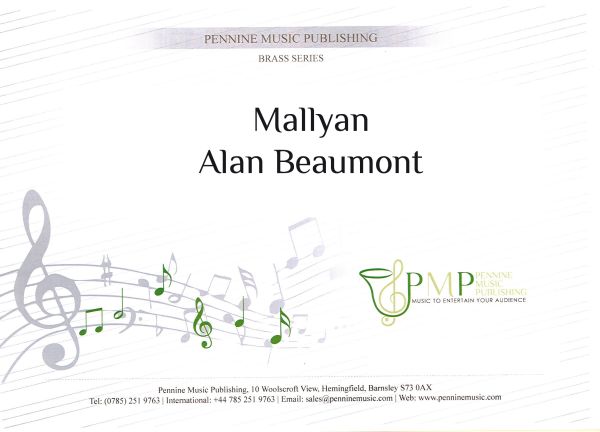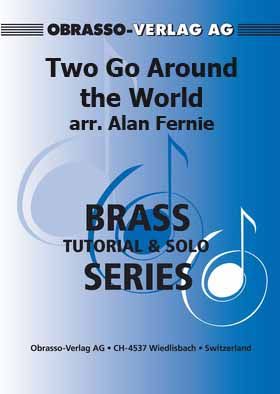Results
-
 £14.95
£14.95Funk Engine (Score Only)
'Funk Engine' was commissioned by Brass Bands England for the 2016 National Youth Brass Band Championships of Great Britain. What Ryan says about the piece:"When I was commissioned to write a piece for the Championships I decided that I wanted to create something a bit different to standard brass band repertoire. I decided that the best way to do this was to go a bit out of my comfort zone and explore some styles of music that I have yet to experiment with. I have always been a great lover of jazz, funk and big band music and the sounds associated with them. In 'Funk Engine' I have tried to capture some of these sounds, however I am a brass-bander at heart and as such I've tried to create a fusion of styles that hopefully combines the best of brass band and jazz into one piece.'Funk Engine' runs continuously, but is divided into three broad sections - fast, slow, fast. The opening is in driving big band style, which segues into a smoother lyrical section; the pace then picks up into a jazz inspired scherzo. After a delicate transition from the basses and trombones the euphonium plays a soaring scale - bringing us into the central movement - which begins with a series of languid solos before descending into a darker interlude. A flugel solo lightens the mood and the music gains momentum leading into a brief cornet chorale before a euphonium solo leads into a percussive climactic passage for full band. As this section winds down to settle on an open fifth, the Hi-hat and Bass section punctuate the texture with the first notes of the final section."The final section of the piece is in similar big band style to the opening and develops material from the first two movements. The percussion feature heavily at this stage and the tension builds towards a final statement, with the piece concluding with a bang!"
Estimated dispatch 7-14 working days
-
 £17.50
£17.50Mallyan
Mallyan is an area in Gaothland (Heartbeat Country) and at the bottom of a lovely walk is a 70ft waterfall called Mallyan Fall. This is a standard 6/8 march with a bass solo in 2/4 time.
Estimated dispatch 7-14 working days
-
 £15.60
£15.60Two Go Around the World
Parts include for 2 Bb Instruments, Bb and Eb Instruments, Eb and Bb Instruments and 2 C Bass Clef Instruments.12 Easy Duets for various Brass Instruments includes: Bailero; John Peel; Men of Harlech; Santa Lucia; The Cuckoo; Danny Boy; Casatchok; The Flowers of the Forest; Banana Boat Song; The Chicken Reel; Pokarekare Ana; Waltzing Matilda.
Estimated dispatch 7-14 working days
-
£17.00
Wedding Dreams
Collection for Bb (or C Treble Clef and Bass Clef) instruments with Piano (or Organ) Accompaniment Includes: Carrickfergus; Ich bete an die Macht der Liebe; Pokarekare Ana; Stenka Rasin.
Estimated dispatch 7-14 working days
